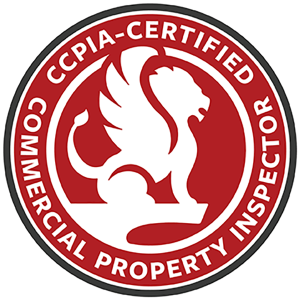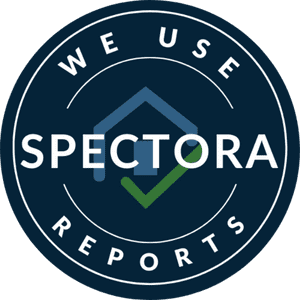When it comes to commercial properties, ensuring they meet safety and quality standards is crucial. Whether you’re buying, selling, or maintaining a commercial space, a comprehensive inspection is key. But how do you ensure you’re getting the expertise you need? Here’s a guide to understanding the importance of commercial inspections and the experience you should seek in a commercial inspector.
Understanding Commercial Inspections
Commercial inspections involve a thorough evaluation of a property’s structural integrity, safety systems, and overall condition. Unlike residential properties, commercial spaces often have complex systems, larger footprints, and specific compliance requirements that demand specialized knowledge during inspection.
Why Experience Matters
The depth of experience a commercial inspector possesses directly impacts the quality and reliability of the inspection. Here are key factors to consider when evaluating an inspector’s experience:
1. Industry Knowledge
A seasoned commercial inspector understands the nuances of various industries. They recognize specific challenges unique to different types of commercial properties—whether it’s retail spaces, warehouses, office buildings, or industrial complexes. Their familiarity with industry-specific regulations and systems is invaluable.
2. Technical Proficiency
Inspecting commercial properties demands technical expertise. Look for inspectors with a background in engineering, architecture, or building sciences. This knowledge allows them to assess complex structural components, electrical systems, HVAC units, plumbing, and more accurately.
3. Certification and Credentials
A reputable commercial inspector should hold relevant certifications and licenses. Certifications like Certified Commercial Property Inspectors (CCPI) or memberships in professional associations such as the International Association of Certified Home Inspectors (InterNACHI) indicate a commitment to excellence and ongoing education in the field.
4. Track Record and References
An experienced commercial inspector will have a portfolio of past inspections and references. Don’t hesitate to ask for examples of their work or to contact previous clients. Positive testimonials and a strong track record demonstrate their capability and reliability.
5. Finding the Right Fit
When selecting a commercial inspector, prioritize communication and transparency. A skilled inspector should be able to explain findings clearly and address any concerns or questions you might have. Additionally, they should provide a detailed report outlining their observations, recommendations, and potential issues identified during the inspection.
Final Thoughts
Investing in a thorough commercial inspection is an essential step in safeguarding your investment and ensuring the safety and functionality of your property. Prioritize experience when choosing a commercial inspector, seeking someone with industry knowledge, technical proficiency, proper credentials, and a proven track record.
Remember, the right inspector not only identifies existing problems but also helps prevent future issues, making your commercial property transaction or maintenance process smoother and more secure.




